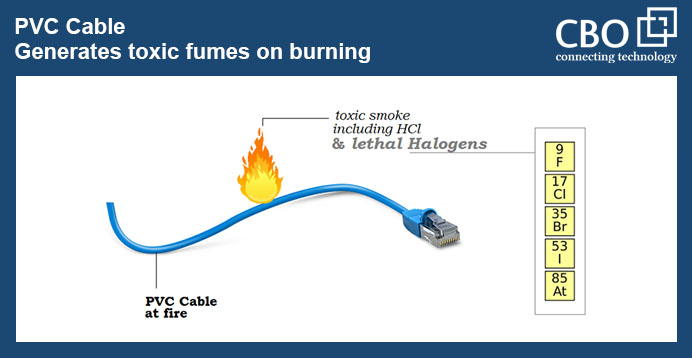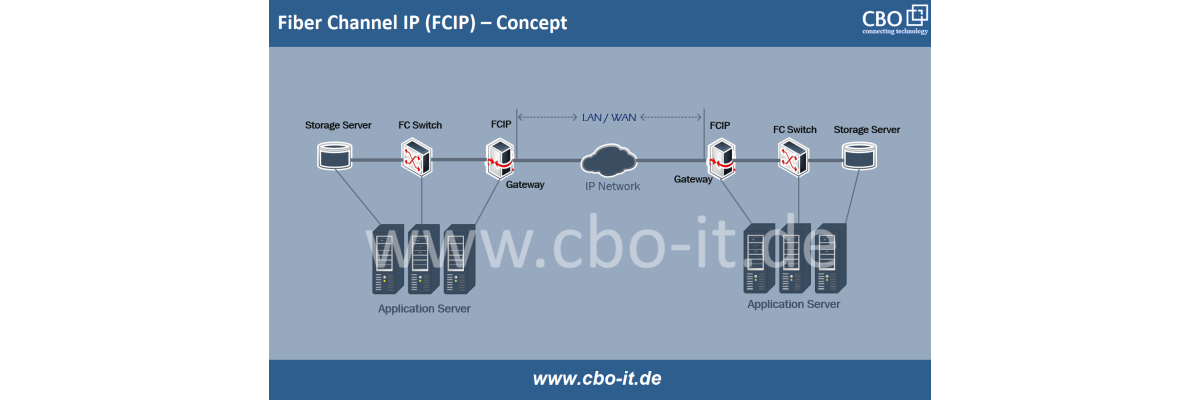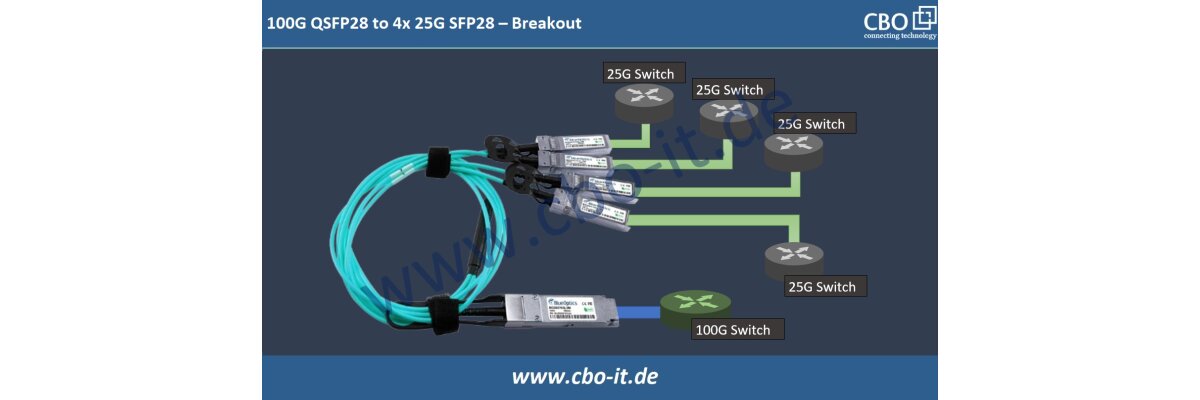As we all know, today’s high-speed internet and internetworking involve a well-managed structure of cables, switches, routers, and other network components. Cables are often considered as the most critical component of any network. Today, we have plenty of network cabling options available such as; copper Ethernet cable, single-mode and multimode glass optical fiber cables, plastic optical fiber cables, etc. these cables are offered in a variety of types so that we can choose the best one according to distance and bandwidth requirements. However, distance and bandwidth are not the only characteristics that we have to keep in mind while choosing the best networking cable. Today, we can find different cables based on their jacket material as well. Let us talk more about PVC vs. LSZH cables and their major differences.
PVC Cable Basics
When we say PVC cables we refer to cables that come with a PVC jacket. PVC or Poly Vinyl Chloride is a synthetic plastic that is produced through a complex industrial process. PVC cables are quite common in the industry as they come at a cheaper price and are widely available. Polyvinyl chloride is a good insulator and it can prevent the signal transmitting components of the cable from damages. There is nothing wrong with PVC jacketing unless it is not exposed to fire. Once getting exposed to fire, PVC starts burning rapidly and as a result, it generates a poisonous mixture of gasses.

Differences between PVC and LSZH cables:
Cost:
PVC cables are cheaper than LSZH cables and can easily be acquired from the market. LSZH cables are also readily available but at a higher price. Here, it is important to understand that you can achieve an optimum combination of PVC and LSZH cable through proper planning and implementation. Using a PVC cable in open spaces such as outside of the building and in well-ventilated ducts is not going to be an issue at all.
Flexibility:
In terms of flexibility, LSZH cables are way behind PVC cables. In fact, these cables cannot be used in applications like robotics where flexibility is required. On the other hand, PVC cables are designed with better flexibility as they can bend easily.
Heat Tolerance:
PVC is a highly flammable material. LSZH cables can withstand heat without generating harmful gasses. In this department, LSZH cables are much better than the PVC ones because PVC exhibits a dangerous behavior when it burns or even when it is subjected to heat.
PVC or LSZH Cable – Which One to Choose?
Both PVC and LSZH cables cable tend to make you fulfill your primary requirement that is communication. Preferring PVC over LSZH or LZSH over PVC is a decision that you have to take based on your own network requirements and cabling infrastructure.
- It is safe to say that PVC cables work great in vertical runs or horizontal runs – but only if the host duct is connected to a proper, contained ventilation system.
- LSZH cables should be your preferred choice in case if you don’t have a proper, ventilated duct system. In confined spaces where present a large number of cables, you should consider low smoke zero halogens (LSZH) type of cables.
- Following are the most common LSZH applications;
• Trains
• Tunnels
• Submarines
• Power Stations
• Aircrafts
• Other enclosed areas
 English
English
 Deutsch
Deutsch
 Espaniol
Espaniol










